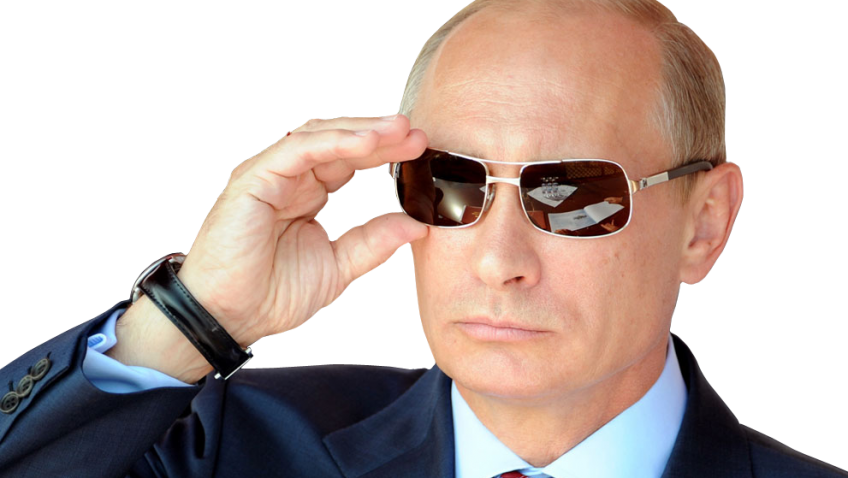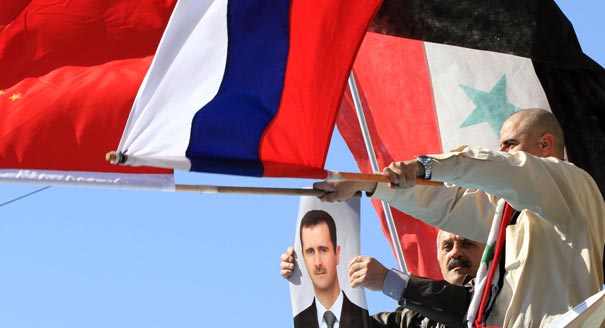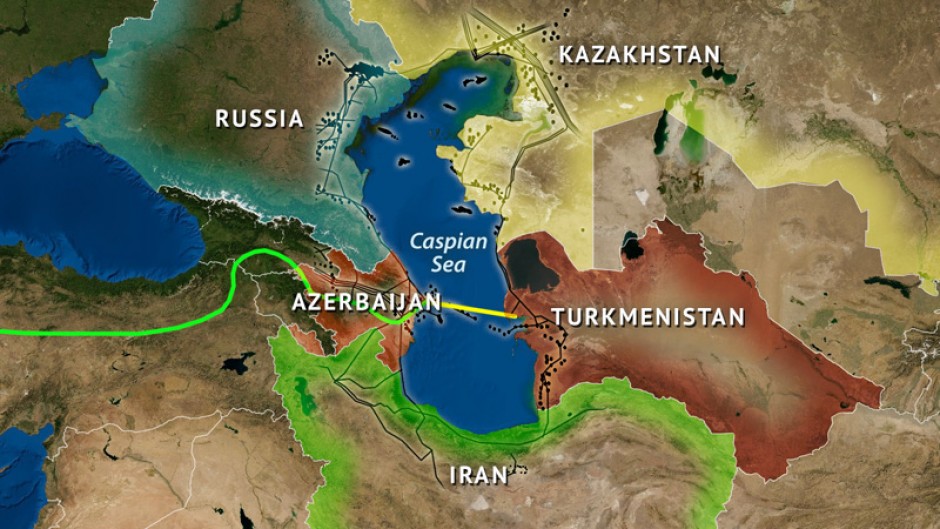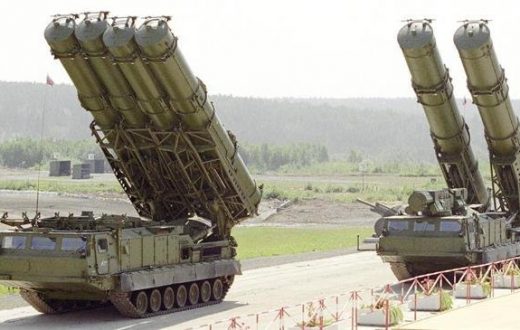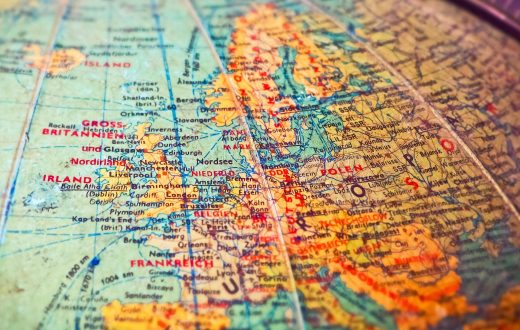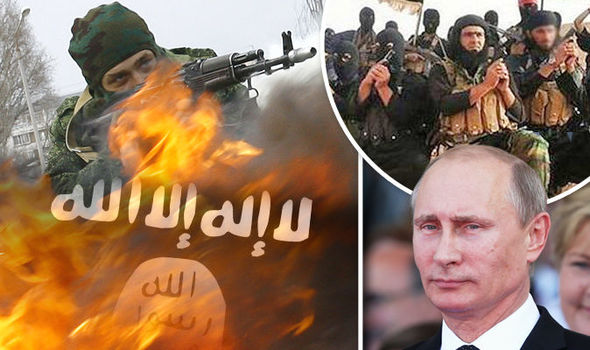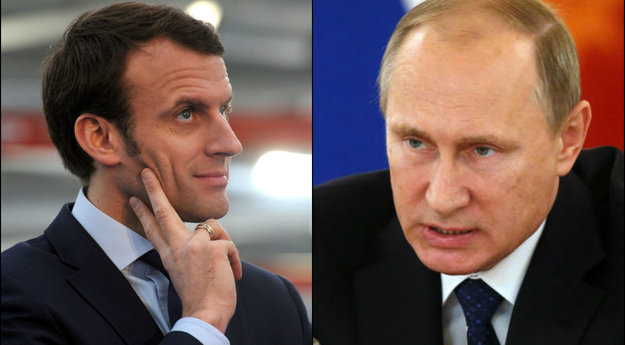I. Vladimir Putin’s accession to power and his actions at the head of the state : which leader is he ?
As officer of the KGB posted in Dresden at the time of the fall of the Wall, he began his political career at the town hall of St Petersburg, then became one of the closest advisers to President Boris Yeltsin, who made him director of the Federal Security Service in 1998, then President of the Government of Russia the following year. From 31 December 1999, following the resignation of Boris Yeltsin, he served as Acting President of the Russian Federation. He became full President on 7 May 2000, after winning the presidential election in the first round. Comfortably re-elected in 2004, he pursued a major reform policy marked by a recovery of the national economy and an institutional policy geared towards a concentration of presidential powers.In 2008, as the Constitution forbade him to run for a third consecutive term, he supported the candidacy of Dmitry Medvedev for the presidency. Once elected, Medvedev appointed him president of the government. Vladimir Putin then took over the leadership of the United Russia party. Frequently accused of authoritarianism in the exercise of his power, he is for the first time significantly challenged following the 2011 parliamentary elections.
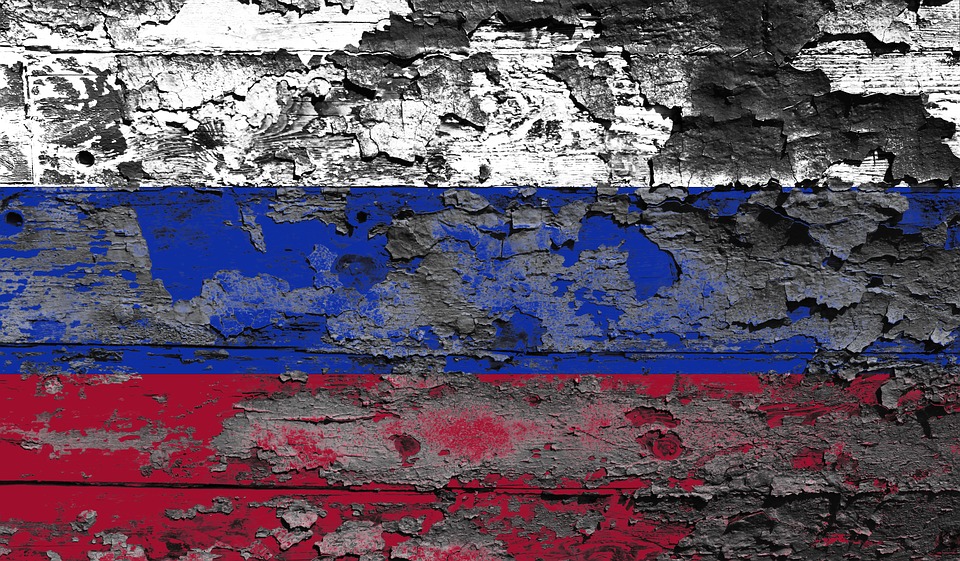
As candidate in the 2012 presidential election with the support of President Medvedev, he won in the first round and regained the post of President of the Russian Federation for an extended term of two years by virtue of an amendment adopted in 2008. During this period, he worked to restore Russian influence on the international stage. On the one hand, in the context of the Donbass war, following a disputed referendum, he allowed the Crimean peninsula to be attached to Russia, an act that was widely perceived as a violation of international law. On the other hand, it involves Russia militarily in the Syrian civil war in support of Bashar al-Assad. He is seeking a new term in the presidential election of 2018, which he won in the first round with a score never before achieved by a candidate in a post-communist presidential election.
Vladimir Putin, determined to restore what he calls “the vertical of power”, governs with a style considered by some analysts to be authoritarian; some Western media and political opponents speak of him as neo-Tsarism.
Putin’s administration’s return to control of the country, after the period of unrest and laissez-faire that prevailed under Boris Yeltsin, satisfies a large part of the population, tired of the political upheavals and capitalism in transition (the “shock therapy”) that appeared after the fall of communism, as well as those nostalgic for the power of the former Soviet Union that disappeared in 1991. This recovery also responds to the risk to the unity of the Russian Federation posed by the rise of nationalism in the ethnically non-Russian republics and increasingly autonomous local governors: the weakening of central power and the economic and social collapse following the disappearance of the Soviet Union forced the large Russian regions to seek self-administration during the 1990s. From the beginning of his presidential term, Vladimir Putin stated in a determined manner his objective to fight against the tax evasion by the oligarchs, whose control over the Russian economy was becoming a major concern of the population after an era of laissez-faire and complicity of Boris Yeltsin in the creation of this oligarchy. The Yukos affair is a fairly good illustration of the struggle against the oligarchs that prevailed during his first mandates and is characteristic of Putin’s vision in the 2000s. From the very beginning of his term of office, Vladimir Putin has undertaken important socio-economic and political reforms which have significantly transformed Russia.
In the social and economic fields :
tax reform: introduction of a single rate of 13% for income tax, introduction of a unified social tax, reduction of the VAT rate, reduction of the corporate tax rate from 35% to 24%, which has made it possible to simplify taxation and limit fraud and corruption ;
land reform introducing the right to sell agricultural land;
opening up to competition of rail freight, which accounts for 80% of the country’s freight traffic.
Pension reform : introduction of a three-pillar system with compulsory capitalization and voluntary savings, without raising the retirement age;
implementation of the National Priority Projects and the demographic policy in order to reform the social sector and finance major projects in the field of health, education, accessibility of social housing, support for the agricultural sector and the increase in the birth rate.
In the political field, reforms have focused on the creation of a “vertical power” to make power more concentrated and effective (this process was accelerated following the Beslan tragedy in September 2004):
reform of the territorial division with the creation of seven Federal Districts by Presidential Decree No. 849 of 13 May 2000 ;
reform of the Council of the Russian Federation (2000-2002), and the discontinuation of the election of governors by the subjects of the Federation: district governors are now appointed by the President of the country (Kremlin) with subsequent endorsement by local legislation (September 2004) ;
creation of consultative bodies: a State Council (Gossoviet), consisting of the governors and a Chamber of Society (Obchtchestvennaya Palata), made up of influential and well-known personalities;
implementation of measures ensuring better cohesion between the so-called siloviki public order ministries (Interior, Army, FSB) and the Ministry of Emergency Situations.
Vladimir Putin’s accession to power testifies to the complexity of the post-Soviet world in the 1990s and the nodes of intertwining that define the power relations in this area. His accession to power is the result of the rise of the levels of power in his country, particularly within the intelligence services. Putin appears to be an indisputable leader who has relieved Russia after the chaotic 1990s for the country. He has undertaken numerous reforms in this direction, particularly in the first part of his action (the 2000s). Is his track record appreciated by the population for all that? Is it as popular as people think? What challenges await Putin and what actions will he take until 2024?
II. Vladimir Putin’s present and future at the head of Russia : trajectories and prospects of the Russian political regime
Vladimir Putin’s popularity rating is impressive to Western observers. It reached nearly 60% in 2008, at the height of the war with Georgia. In August 2011, it falls to 39%, but he remains the most popular politician in the country, according to a survey by the Levada Analytical Centre, which emphasises that ‘people tend to hold Medvedev responsible for the country’s problems [while] Putin is seen more as the national leader who resolves crises. The work of Timothy Frye, Scott Gehlbach, Kyle L. Marquardt and Ora John Reuter is also very eloquent in this regard. They suggest that despite international observations on the political situation in Russia, fear of reprisals and the lack of opposition that would increase Putin’s popularity, his popularity remains high because of his action at the head of state. They conclude by saying : “More broadly, our results suggest that the main obstacle at present to the emergence of a widespread opposition movement to Putin is not that Russians are afraid to voice their disapproval of Putin, but that Putin is in fact quite popular ». Putin’s main occupation during his current term of office will be to persevere with his current policy, particularly in foreign policy : in the Middle East of course, but also in Central Asia with the perpetuation of the Eurasian Economic Union (EAEU), which is becoming much more important in view of the extension of the new Silk Roads
Having become aware of the strong social discontent that has been growing in Russia for several years and the relative decline in its popularity Vladimir Putin has taken advantage of the 2018 presidential election to develop a new discourse centred on the social and demographic priorities of the Russian regions, as well as on the urgency of innovation and economic development in Russia. The main challenge of this mandate will therefore be to resolve the country’s internal crises in order to enable it to re-establish its popularity and, by the same token, its authority. According to some observers, this is the major challenge of this mandate. Moreover, a constitutional amendment adopted on March in the Duma authorises the Russian President to seek two new mandates, although he was originally due to step down in 2024. The main challenge ahead for Vladimir Putin will therefore be to reconcile the population’s expectations of change and modernity with the requirements of Russian foreign policy.
Putin’s challenges are therefore very great: enjoying assured popularity in his country, he must, however, face the rising discontent and demands for reform of his people. His international action reflects a long-term vision: it is therefore destined to be perpetuated during his next term of office. There remains the question of how long Vladimir Putin will remain at the head of state: answering this question seems very complex in view of Putin’s internal and external relations. As things stand at present, the wisest course of action is not to take a decision. However, it is safe to say that if the situation does not change in the next decade, Vladimir Putin has every chance of remaining at the head of Russia.
____
Literature, articles and websites :
Axel Gyldén et Alla Chevelkina, « Limonov : “Stalin ruelle by the blood, Putin rulles by the total lie” », 16th jan. 2012.
https://www.lefigaro.fr/societes/la-russie-condamnee-a-payer-50-milliards-de-dollars-aux-ex-actionnaires-du-petrolier-ioukos-20200218
Jean-Noël Jeanneney, « Against the Tsarism », Concordance des temps, France Culture, 14th mar. 2012.
https://www.lefigaro.fr/societes/la-russie-condamnee-a-payer-50-milliards-de-dollars-aux-ex-actionnaires-du-petrolier-ioukos-20200218
Catherine Mercier-Suissa. Restauration de l’Etat de Droit ou captation de la rente pétrolière en Russie. NAQD d’études et de critique sociale, 2009, janv/fev (25), pp.69-85.
2004 OECD report and 2003 Walter report cited by François Benaroya, L’économie de la Russie, Paris, La Découverte, coll “Repères : économie” (no. 436), 2005, 123 p.
http://lenta.ru/lib/14160711/
International Chronology: Russia and CIS 2000 in La Documentation française
« Main socio-economic indicators of living standard of population », Russian government
Timothy Frye, Scott Gehlbach, Kyle L. Marquardt & Ora John Reuter (2017) Is Putin’s popularity real?, Post-Soviet Affairs, 33:1, 1-15

